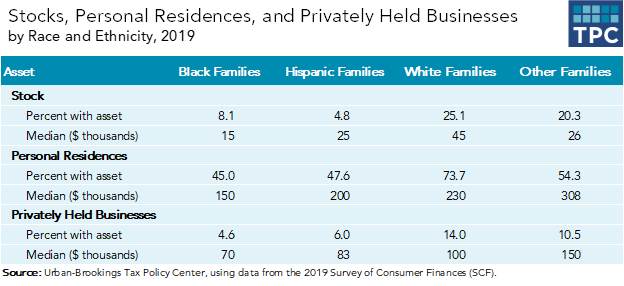How Does Life Insurance Fit into My Estate Plan?
Like most people, you probably purchased your first term life insurance policy when you started your first “adult” job. Since then, you may have purchased additional term life insurance policies, purchased a different type of life insurance, and/or increased the death benefit on your original policy. Because life insurance often plays an integral role within an estate plan, the Indianapolis attorneys at Frank & Kraft discuss how life insurance fits into your estate plan.
Types of Life Insurance
Exactly how a life insurance policy fits into your estate plan will depend, in part, on what type of life insurance policy is involved. While there are hybrid versions of traditional policies, a traditional life insurance policy will consist of one of the following types of life insurance:
- Term life insurance. Purchased for a specific number of years and for a set coverage amount. Premiums are fixed and usually cheaper than other types of life insurance; however, there is no cash value, only a death benefit.
- Whole life insurance. Coverage lasts for the lifetime of the insured and includes a set death benefit and fixed payments. Typically, whole life is more expensive than term insurance but offers a savings component and dividends.
- Universal life insurance. Universal life insurance terminates at a specific age (usually age 95-100) and includes a savings component. You may have the option to increase the coverage during the life of the policy and/or lower your premiums.
- Variable life insurance. Coverage lasts for your lifetime, and you get a savings component that allows you to invest the cash value. You can also increase or decrease premiums based on the cash value accumulated.
- Final expense life insurance. Usually requires the insured to be older and the policy has a termination age. This type of life insurance is only intended to cover funeral and burial expenses.
Life Insurance and Your Estate Plan
People often rely heavily on life insurance within their estate plan when they are young and just starting a family. The death benefit provided by a life insurance policy provides financial security for a surviving spouse and children if you have yet to amass significant assets. Another huge advantage offered by a life insurance policy is that unlike other assets, the proceeds of a life insurance policy are not required to go through probate. As such, life insurance proceeds can be paid out to the designated beneficiary shortly after your death.
One thing you do need to consider, however, when incorporating a life insurance policy into your estate plan is that the value of the death benefit may be included in your estate value for the purpose of calculating federal (and state if applicable) gift and estate taxes. Although life insurance proceeds are a non-probate asset, they are part of your taxable estate. One way to ensure that life insurance proceeds do not result in your estate owing estate taxes is to establish an irrevocable life insurance trust (ILIT). Because you transfer the life insurance policy into the trust, the policy is owned by the trust at the time of your death instead of being owned by you. Consequently, the proceeds are not considered part of your estate for tax purposes. Additionally, an ILIT allows you to use the trust terms to plan and pay for your funeral and burial, protecting both your own wishes and your loved ones from the need to make difficult decisions shortly after your death.
Do You Have Questions about Life Insurance and Your Estate Plan?
For more information, please join us for an upcoming FREE seminar. If you have additional questions or concerns about life insurance and your estate plan, contact the experienced Indianapolis estate planning attorneys at Frank & Kraft by calling (317) 684-1100 to schedule an appointment.
Paul Kraft is Co-Founder and the senior Principal of Frank & Kraft, one of the leading law firms in Indiana in the area of estate planning as well as business and tax planning.
Mr. Kraft assists clients primarily in the areas of estate planning and administration, Medicaid planning, federal and state taxation, real estate and corporate law, bringing the added perspective of an accounting background to his work.
Latest posts by Paul A. Kraft, Estate Planning Attorney (see all)






